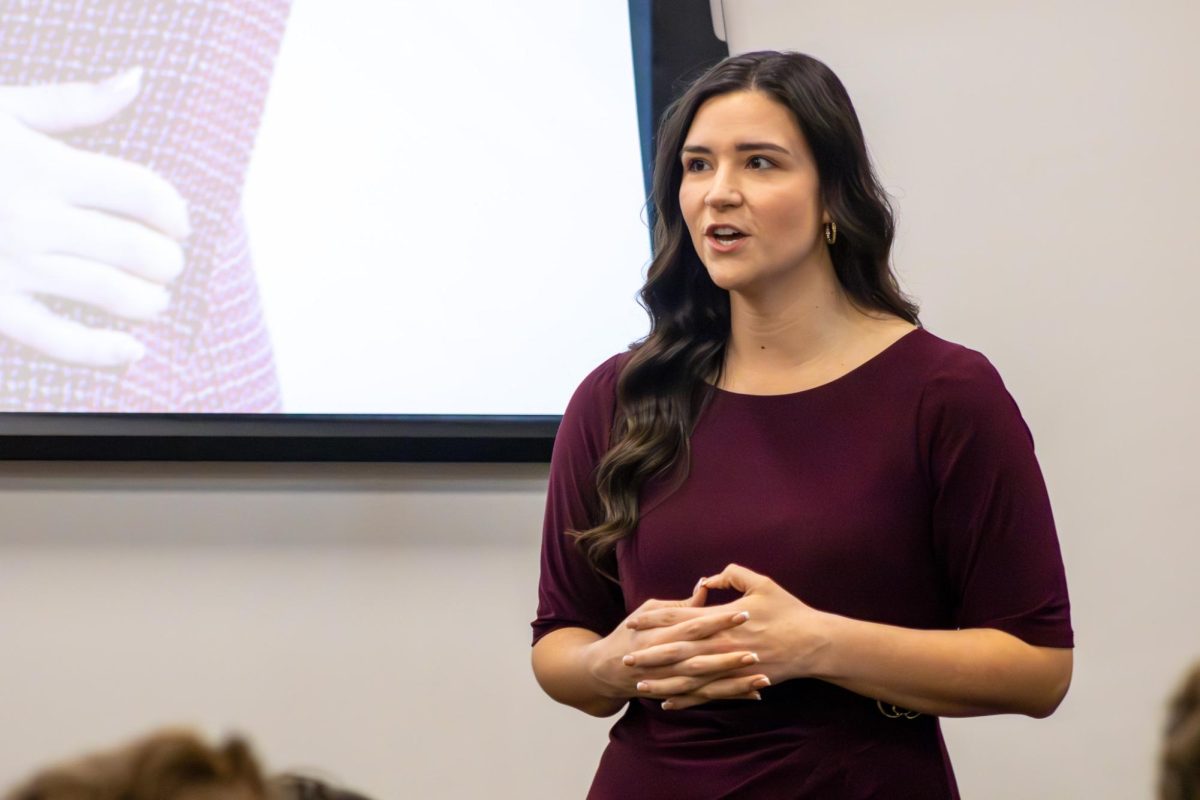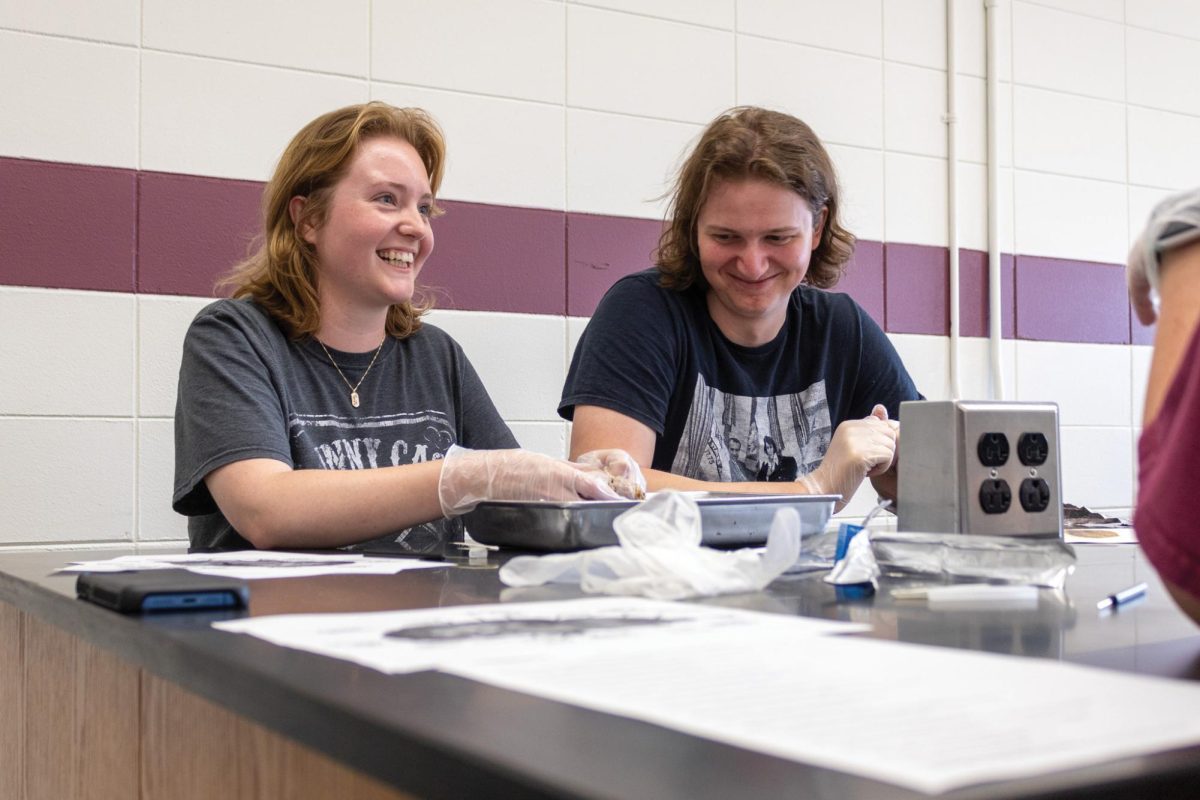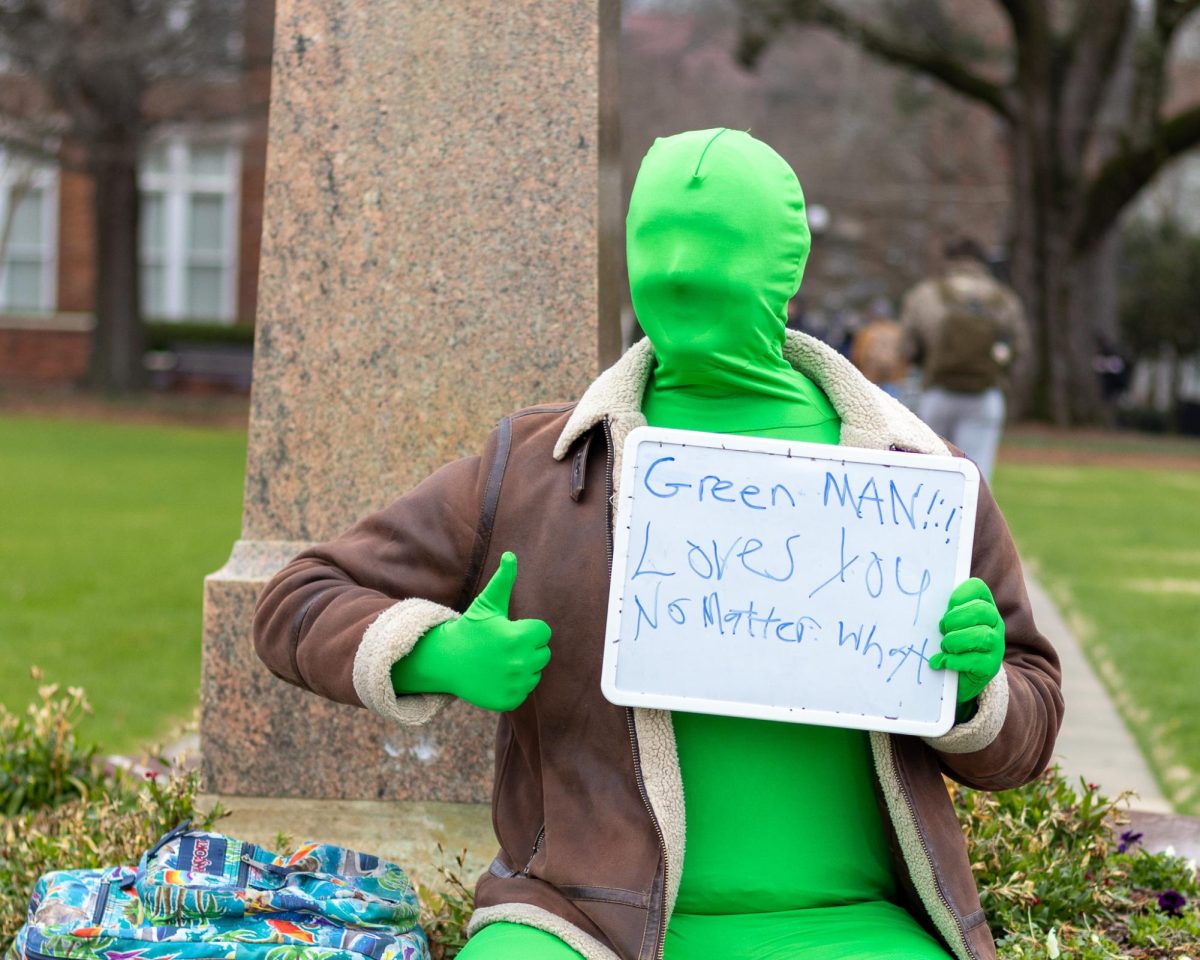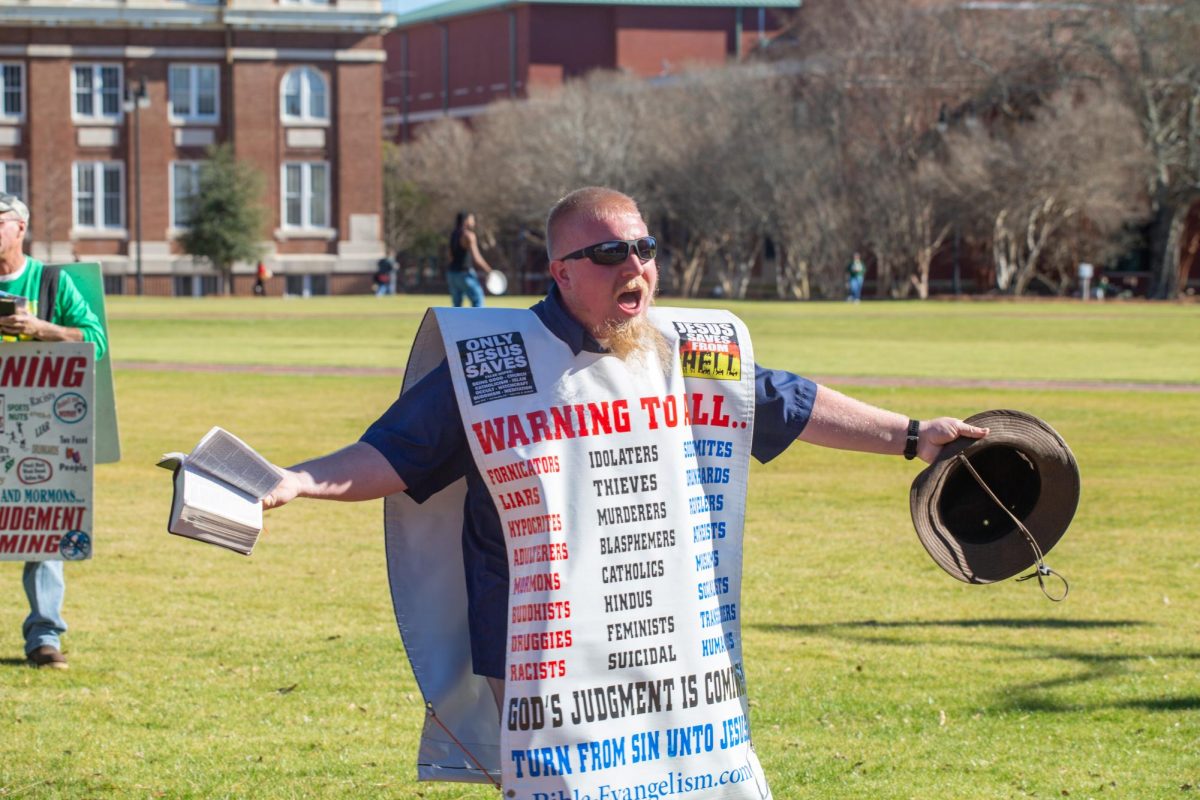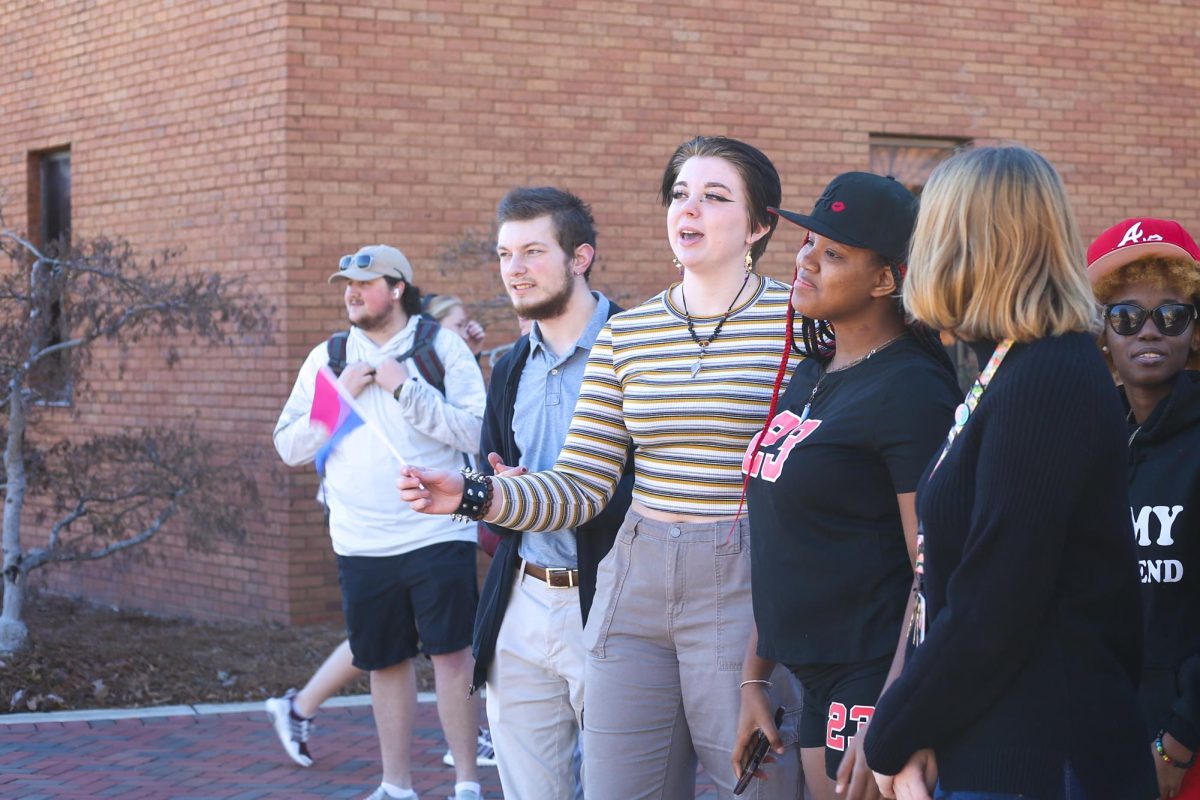Mississippi State University researchers at the College of Veterinary Medicine have taken successful steps forward in studying cancer in dogs that is attracting the attention of researchers from across the nation.
Kari Lunsford, along with Camillo Bulla, teamed up to form the Comparative Angiogenesis Laboratory which helps in the process of, treating canines effectively.
Lunsford, associate professor in the clinical sciences department, said she and Bulla work with cancer for most of the time.
Lunsford’s research began when she started working with cancer research as a veterinary student at the University of Minnesota in the lab of Sagarika Kanjilal. This was her first exposure to the difficulties and challenges facing biomedical research with the greatest challenge being the difficulty in obtaining funding to support the studies.
“You are put in a situation in which you have exciting ideas and are eager to find answers, but you are so limited by the funding and often your questions go unanswered – all for the lack of funding,” Lunsford said. “As a clinical investigator, the big-picture question we decided to ask was, ‘what can we learn from veterinary cancer patients that will help understand and treat human cancers?’ The overall goal of our research team is to develop diagnostic and therapeutic modalities that will help our veterinary patients and will also contribute to our understanding of human cancers. We are essentially helping pets and their people too,” she said.
Bulla and Lunsford both worked with platelets early on in their research careers and both realized the platelet had functions beyond the role they play in causing blood to clot and prevent bleeding.
Lunsford said the recent cancer research performed on laboratory mice has shown platelets are very important in tumor progression, and in fact, without platelets, cancer may not be able to metastasize at all.
“So we set out to show that what was being seen in these mice may also be occurring in dogs with cancer, and that patients might help us understand the role of the platelet in cancer in all species. First, we wanted to show that what happened in mouse and human platelets also happened in dog platelets. Our early findings through the work of another of our collaborators, Dr. John Thomason, showed that canine platelets do indeed express a protein important both in cancer and in inflammation. This protein was previously thought not to exist in canine platelets,” Lunsford said.
According to Shauna Trichler, MSU doctoral student, the college has developed a new way to separate platelets from blood samples with far less contamination by other blood cells.
Lunsford said previously it was very difficult to purify a platelet sample and researchers were left with samples that were contaminated by other blood cells, or they needed very large volumes of blood to get just a tiny platelet sample.
“Our technique will allow researchers to obtain highly pure samples (99,99 percent pure) from standard sized clinical blood samples,” she said.
The CVM has limited funding and resources, but the research will help researchers everywhere, according to Lunsford.
The team will now look further at different stages of cancer in clinical patients and compare what the platelet is doing in different situations. They hope to further characterize the role of the platelet in tumor progression.
“We think that if we can control the platelet, we can control cancer,” Lunsford said, “Our research will help human cancer research and in fact, it already has. Our platelet purification technique is already helping researchers. We have been contacted for advice, and we are sharing the technique with anyone who needs it.”
Categories:
Veterinary college advances in cancer research
Pranaav Jadhav
•
November 7, 2014
0
Donate to The Reflector
Your donation will support the student journalists of Mississippi State University. Your contribution will allow us to purchase equipment and cover our annual website hosting costs.
More to Discover


